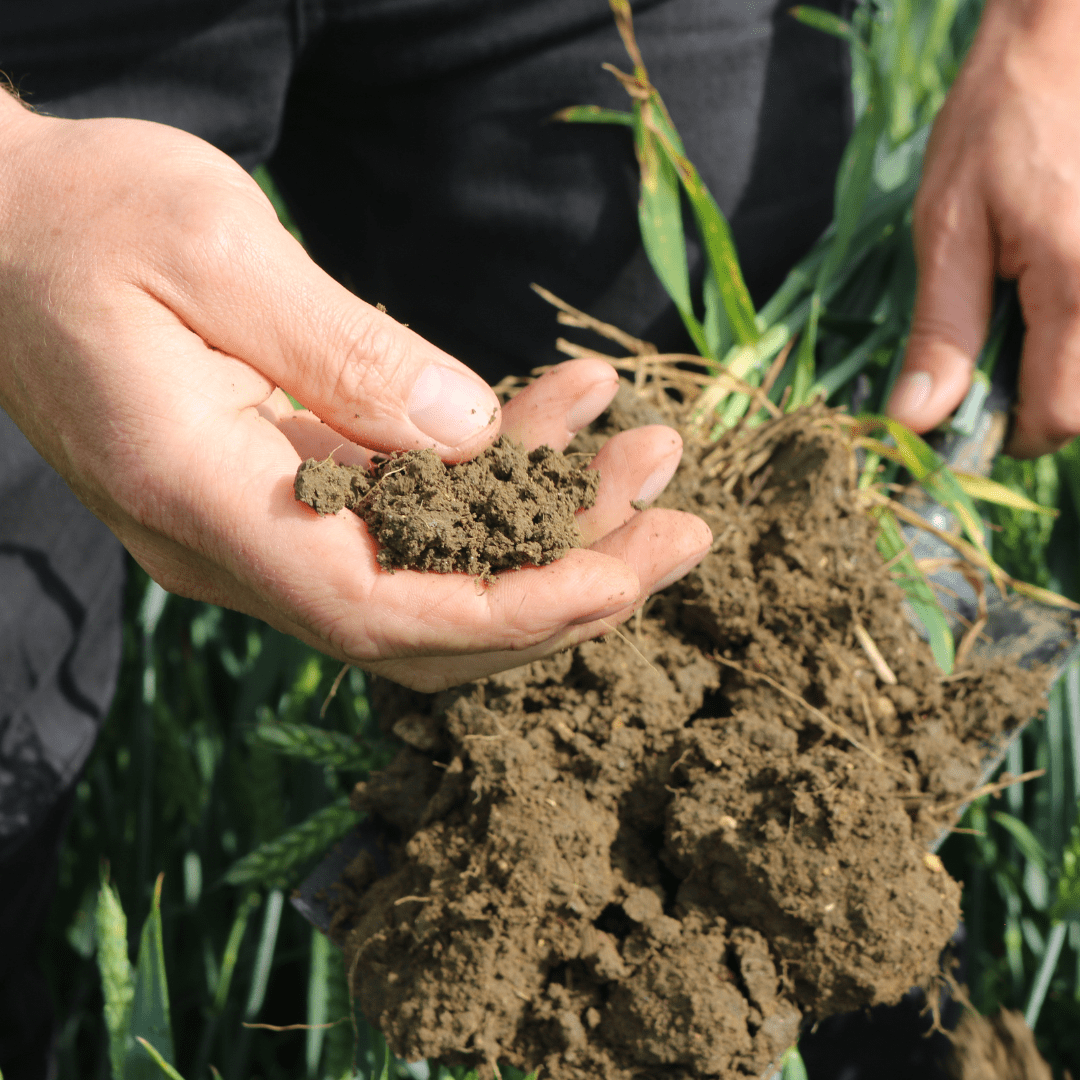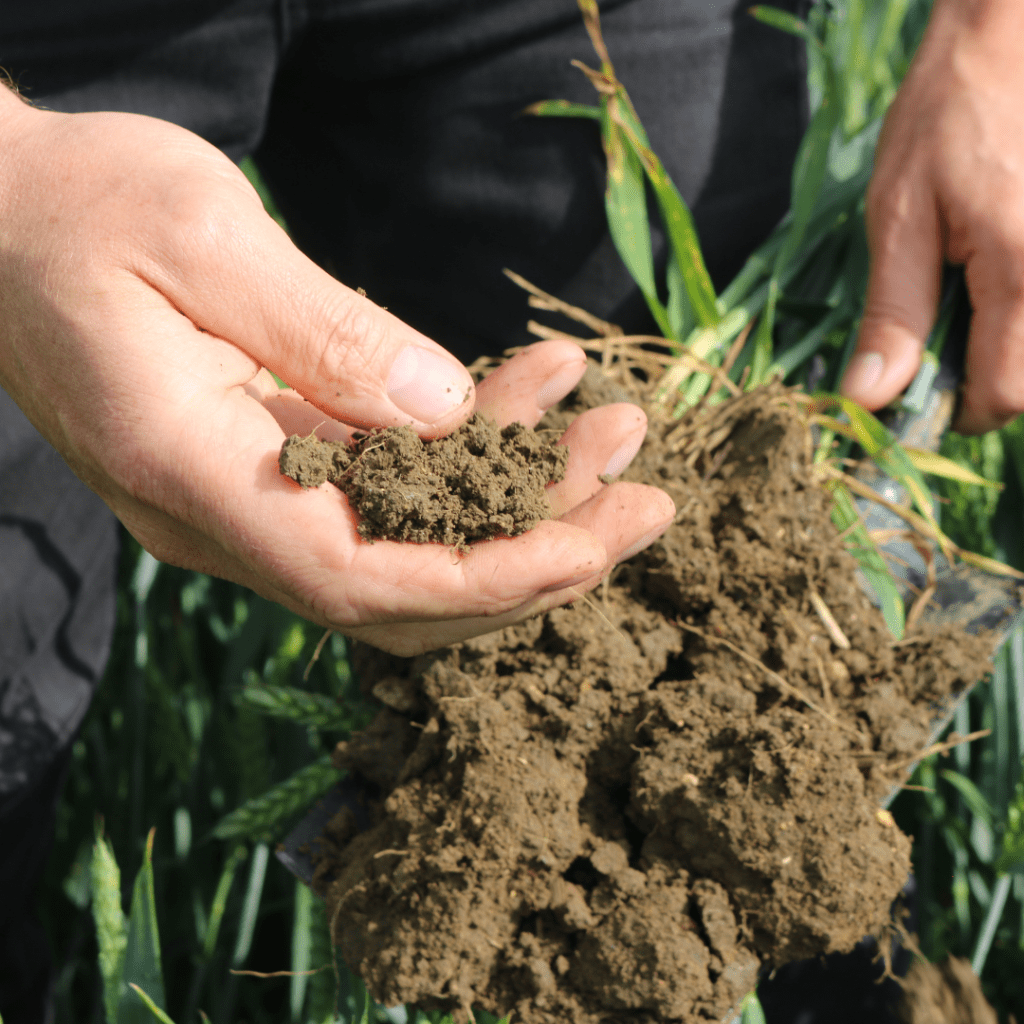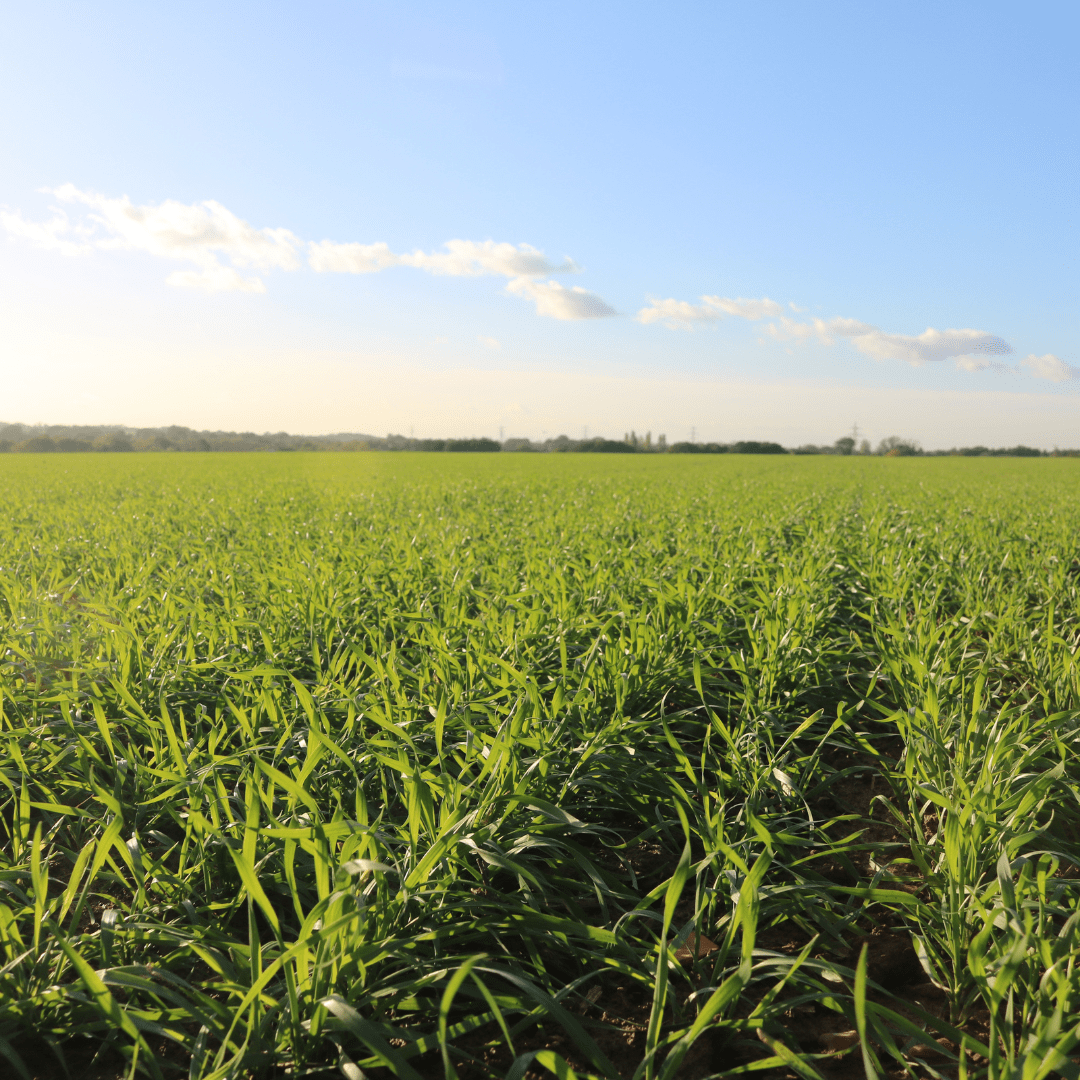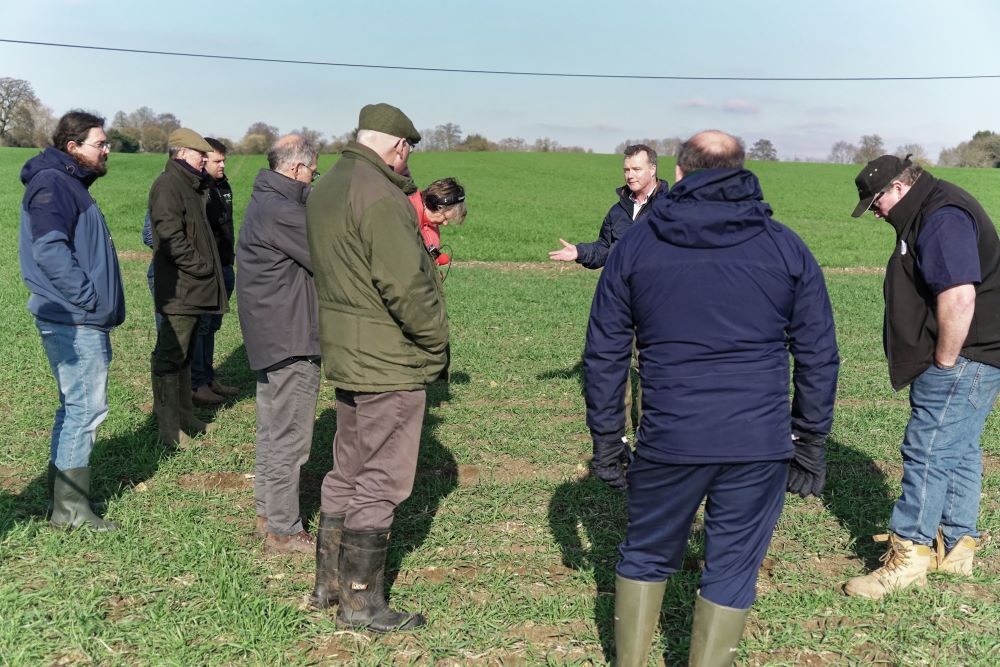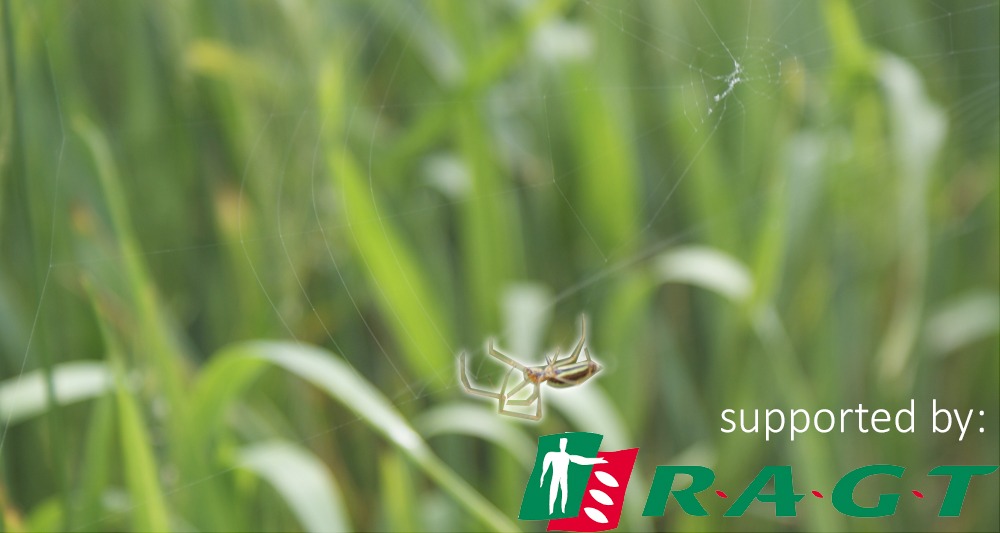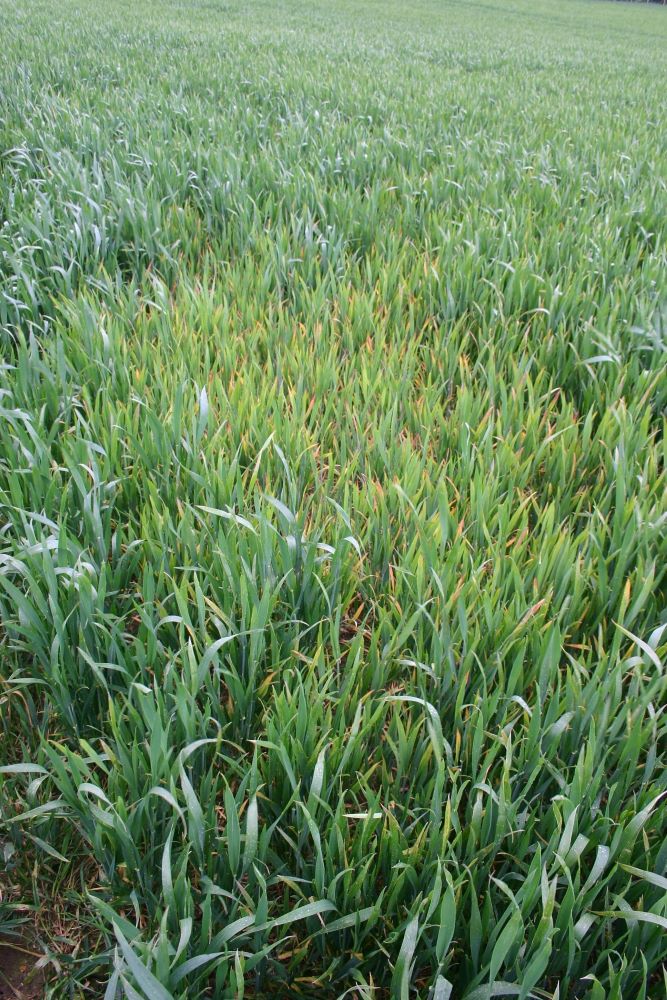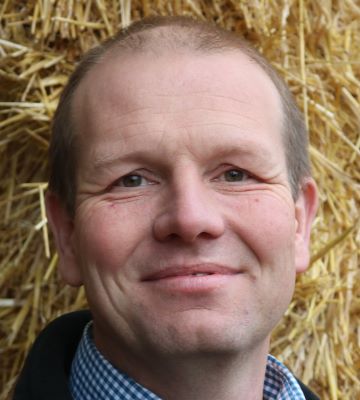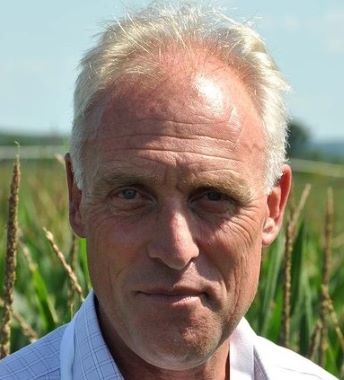‘Buckle up for an exhilarating ride as farmers lead the fourth agricultural revolution’
By Tom Allen-Stevens
This piece was published in Farmers Guardian on August 9th
Wouldn’t it be brilliant if someone produced a wheat that could moderate available nitrogen to increase N-use efficiency?
Maybe someone will find a way to predict where slugs will appear, so you can minimise pellet use, or use robots to control them without pellets.
Imagine if someone cracked the secret to consistently better returns from pulse crops, or proved the value of a gene-edited wheat with health benefits.
What if that someone was you?
As farmers we tend to wait for agricultural innovations to be presented to us. We follow advice given to raise productivity, and buy inputs priced to bring greater returns to the manufacturer than to the farmer who uses them.
But it’s our knowledge that turns innovations into agricultural progress and that has value. It’s time our role was given full credit.
You don’t have to look far beyond the farm for tomorrow’s innovations. The UK has world-leading scientists in its research institutes with creations that will make you slack-jawed with wonder. These just need a field to spread their roots, push up shoots and share their secrets with farmers with a keen eye for detail.
The right framework is in place – Defra is midway through the roll-out of its Agricultural Transition Plan. While the ELM scheme grabs the headlines, the £270m allocated to R&D up to 2028/29 could hold more appeal if you’re looking to push productivity rather than put land aside for nature. Defra’s aim with the Farming Innovation Programme, delivered through Innovate UK, is to directly involve and engage farmers in this R&D.
The acknowledgement that agricultural research must meet farmers’ needs is long overdue. But don’t hold your breath – Defra’s Agri-Tech Strategy hasn’t done much to make a real difference on farm. Much of the focus has been on the four Agri-tech centres, and large collaborative projects. While these have sought to involve farmers, they’ve been delivered with a level of bureaucracy that makes Rural Payments Agency processes look ‘light touch’.
However, some brilliant minds at the heart of Whitehall have recognised the misgivings of the current set-up and Defra is poised to launch ADOPT (Accelerating Development of Practices and Technologies). This is the truly farmer-focused element and appears to hold promise for farmers who want to explore innovations with scientific welly behind them.
While the detail is still coming together, it looks like you’ll be able to bid for funds, either on your own or as a group. You’ll work directly with scientists or tech innovators, putting cutting-edge technology to the test, but you’re in the driving seat. The best part is that you’ll have funds for an experienced project manager so you can focus on the co-creating.
Sounds too good to be true, and to be fair, ADOPT hasn’t yet been launched – the new Defra ministers could still stuff it up, or delay its roll-out. But if you’re keen to get innovating, you don’t have to wait. The British On-Farm Innovation Network (BOFIN) is one of a number of organisations bringing farmers into exciting projects within the Farming Innovation Programme without the pain of dealing direct with Innovate UK.
BOFIN leads or partners farmer-led projects that revolve around a ‘knowledge cluster’ – a collaborative community of farmers, scientists and tech innovators with a specific sphere of interest. At the heart of the cluster lies the on-farm trials platform, where farmers are paid to monitor and develop tech, shaping the trials and sharing results.
So we already have those wheats that moderate available N; BOFIN farmers are developing patch-prediction and autonomous control of slugs; we’re honing best practice in pulses, and bringing the first gene-edited cereals onto commercial farms in Europe. It’s free to join BOFIN and our knowledge clusters, and we’re currently recruiting more on-farm triallists.
The fourth agricultural revolution is here, and it’s led by farmers. If you no longer want to languish in the backseat, then join us at the front, and buckle up for an exciting ride. bofin.org.uk


